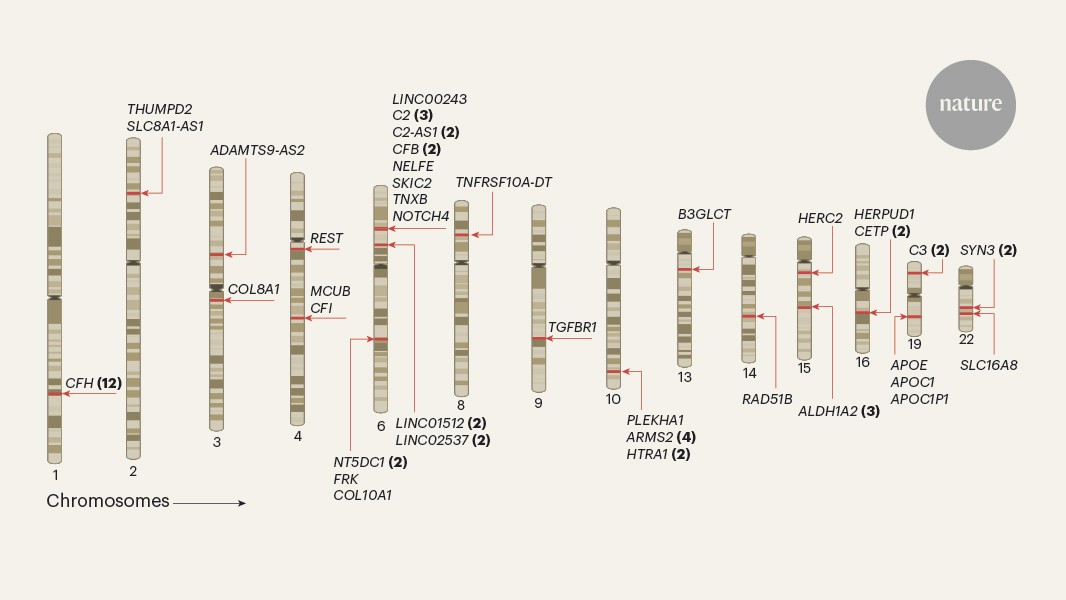
"Twenty years ago, Klein et al. published a landmark paper in Science, describing one of the first genome-wide association studies (GWAS). This genomics approach has transformed scientists' ability to identify relationships between a person's genetic background (genotype) and their characteristics (phenotype), particularly in the context of disease."
"The method for linking genetic variants to biological traits has significantly evolved, providing a powerful and unbiased approach for understanding complex diseases and improving treatment strategies."
The article discusses the significant advancements in genomics that have improved the analysis of complex diseases. Two decades after a pivotal study published by Klein et al., the ability to correlate genetic variants with biological traits has revolutionized the understanding of genotype-phenotype relationships. This powerful and unbiased approach is crucial for better comprehension of complex diseases, leading to more effective treatment strategies. The implications of this research extend to future medical practice, as it provides a deeper insight into genetic influences on health.
Read at Nature
Unable to calculate read time
Collection
[
|
...
]